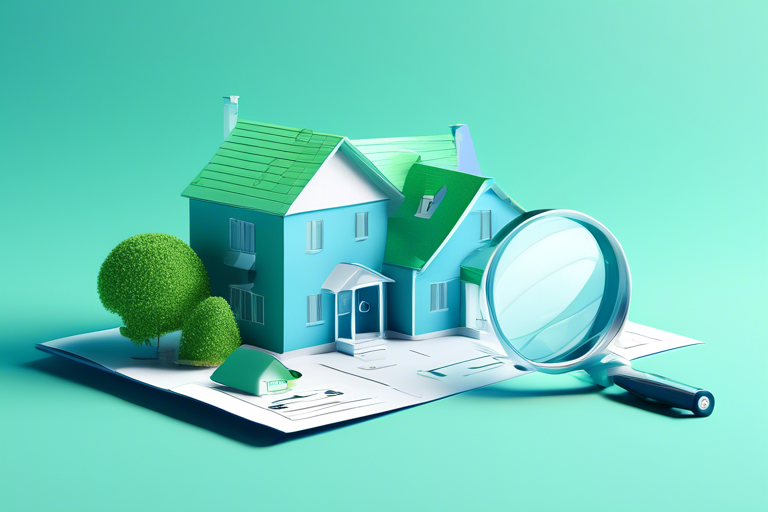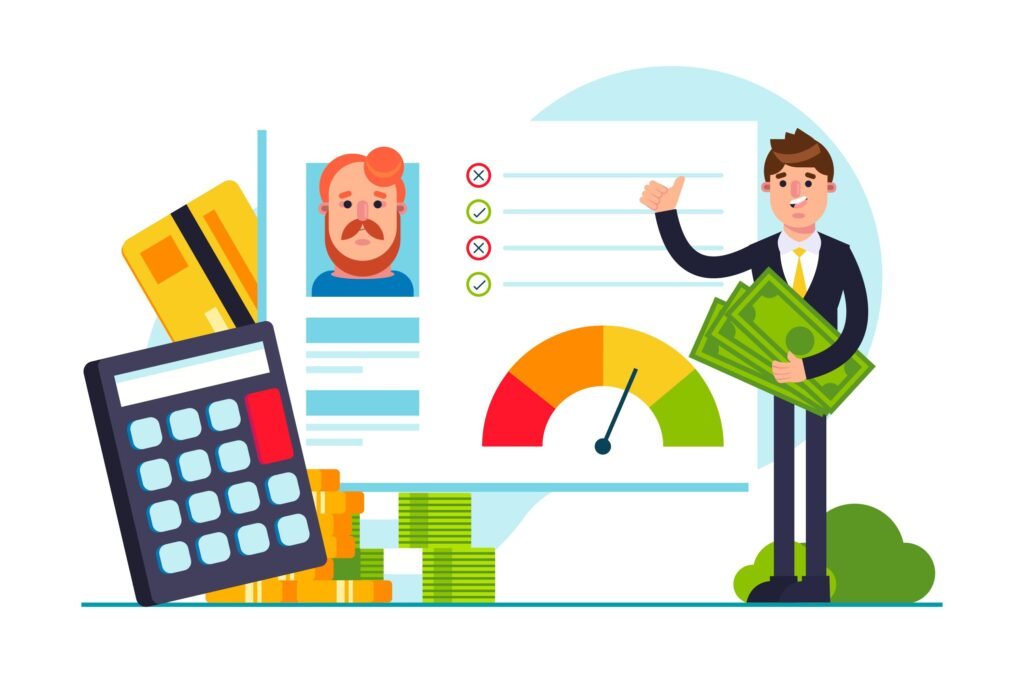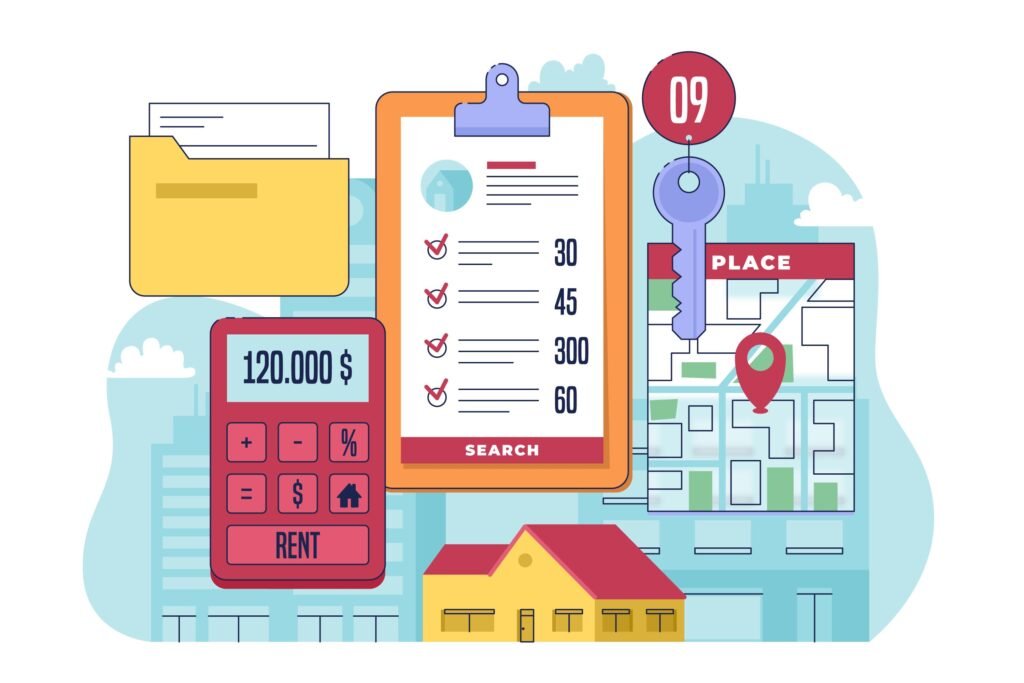A Comprehensive Guide: How to Buy Your First Home When You Have No Money
Dreaming of owning your own home? It’s a vision shared by many – the sense of security, the freedom to decorate as you please, and the pride of ownership are all part of the allure. But for many, the dream seems unattainable, primarily due to financial constraints that can make a down payment seem like an insurmountable hurdle.

However, the good news is that there are options available that allow you to buy a house with no money down, making homeownership more accessible than ever before. Yes, you read that right. Let’s embark on a journey to explore how you can turn this dream into a reality.
The Down Payment
Traditionally, the process of purchasing a home typically entails the need to save up a substantial down payment. This amount may vary from 3.5% to 20% of the home’s value, a significant sum that can pose a challenge for many individuals. However, it’s important to note that this is not always an absolute requirement. In fact, there exist alternative avenues to achieve homeownership that do not necessitate a hefty initial payment.

One such option is exploring government-backed loan programs. These programs, such as FHA loans or VA loans, offer more flexible down payment requirements, often allowing borrowers to secure a mortgage with a lower percentage down payment. This can be particularly beneficial for first-time homebuyers or those who may have difficulty accumulating a larger sum of money upfront.
Additionally, there are alternative financing methods available that can help alleviate the burden of a sizable down payment. For instance, some lenders offer the option of a piggyback loan, also known as an 80/10/10 loan. With this approach, the homebuyer secures a primary mortgage for 80% of the property’s value, while utilizing a second mortgage and a smaller down payment to cover the remaining 10% and 10% respectively. This can be an attractive solution for those who wish to avoid paying mortgage insurance or who have limited funds for a down payment.
Furthermore, certain local and state programs assist homebuyers in the form of down payment grants or loans. These programs are designed to support individuals with lower incomes or those who may be purchasing homes in specific areas. By taking advantage of these programs, potential homeowners can access financial aid that can significantly reduce the amount required for a down payment.
While the traditional home buying approach often involves saving for a substantial down payment, it is important to recognize that various alternatives exist. Exploring government-backed loan programs, considering alternative financing options, and researching local down payment assistance programs can all contribute to making homeownership more accessible and attainable for a wider range of individuals.
Exploring Zero-Down Mortgage Options

There are several mortgage options available that enable you to purchase a house without the need for a down payment. Two notable options include VA loans, which are backed by the Department of Veterans Affairs, and USDA loans, which the United States Department of Agriculture supports. While both of these loan programs have specific eligibility criteria, they provide a viable and practical pathway to homeownership for many individuals.
VA loans are specifically designed to assist veterans, active-duty service members, and eligible surviving spouses in obtaining affordable home financing. These loans offer competitive interest rates and flexible terms, making homeownership more accessible for those who have served their country.
On the other hand, USDA loans aim to promote rural development and homeownership in eligible areas. These loans are available to low-to-moderate-income individuals and families who meet certain income requirements. USDA loans not only provide 100% financing, but they also offer low interest rates and affordable monthly payments, making homeownership more attainable for those living in rural communities.
Both VA and USDA loans present a practical solution for individuals who may not have the means to make a traditional down payment. By offering financing options that eliminate the need for a down payment, these programs empower more people to achieve the dream of owning a home. However, it is important to note that each loan program has specific eligibility criteria, including military service requirements for VA loans and location-based eligibility for USDA loans.
VA loans and USDA loans are two mortgage options that allow individuals to purchase a house without a down payment. These programs offer attractive terms and benefits, making homeownership a realistic possibility for many who may not have otherwise been able to afford it. By understanding the eligibility criteria and requirements of each program, prospective homeowners can explore these options and take advantage of the opportunities they present.
Government Programs and Grants
Various government programs and grants have been specifically designed to assist first-time homebuyers or low-income families, with the primary objective of making homeownership more accessible and achievable. These comprehensive programs aim to alleviate the financial burden associated with purchasing a home by potentially covering a portion, if not the entirety, of the down payment requirement. By thoroughly researching and actively applying for these programs, you open up a world of possibilities and increase your chances of turning your dream of owning a home into a reality. Don’t miss out on the opportunity to explore these valuable resources that could potentially serve as your ticket to a new and fulfilling chapter in your life.

Buying a House through Lease-Option
Another avenue that you can explore when it comes to acquiring a home is through a lease-option contract. This unique agreement provides you with the opportunity to rent a property with the added benefit of having the option to buy it before the lease expires.
What makes this arrangement even more enticing is that a portion of your rent payments can be allocated towards the purchase price of the home, making it a potentially more affordable path to homeownership.
By opting for a lease-option contract, you gain the advantage of testing out the property and the neighborhood before committing to a long-term purchase. This gives you the chance to evaluate if the home meets your needs and if it aligns with your plans. It also provides you with the time to save up for a down payment or improve your credit score, increasing your chances of securing a favorable mortgage when the time comes.
However, it’s important to note that lease-option contracts have their intricacies and require careful consideration. There may be specific terms and conditions that you need to adhere to, such as a predetermined purchase price, a fixed lease term, and potential penalties for not exercising the option to buy. It’s crucial to review thoroughly and understand the terms of the agreement, and seek legal advice if needed, to ensure that you are making an informed decision.
Overall, the lease-option contract offers a flexible and potentially more accessible pathway to homeownership. It allows you to experience the benefits of living in the home while allowing you to secure it as your own in the future. With proper research and due diligence, this method could be a feasible and advantageous route to achieving your goal of becoming a homeowner.
The Role of Credit Score and Debt-to-Income Ratio
Having a good credit score and a low debt-to-income ratio are essential factors even if you don’t have a down payment. Lenders need to be confident that you will repay your loan, and these two factors provide that assurance. If you find that your credit score needs improvement or your debts are high, don’t worry. There are strategies you can implement to enhance your credit score and effectively manage your debts.

One effective strategy is to start by reviewing your credit report and identifying any errors or discrepancies. By addressing these issues, you can potentially improve your credit score. Additionally, making timely payments and reducing your overall debt can have a positive impact on your creditworthiness.
Another approach is to create a budget and prioritize your expenses. By carefully managing your finances, you can allocate funds toward paying off debts and minimizing unnecessary expenses. This disciplined approach will not only help you reduce your debt but also demonstrate to lenders your commitment to financial responsibility.
Furthermore, consider seeking professional advice from credit counselors or financial advisors who can provide personalized guidance based on your specific situation. They can offer insights on debt consolidation, negotiation with creditors, and other strategies to help you regain control of your financial situation.
Remember, improving your credit score and managing your debts effectively may take time and effort. However, the long-term benefits, such as increased financial stability and access to better loan terms, make it a worthwhile endeavor. Stay committed to your goals and take proactive steps towards achieving them.
Navigating the Home Buying Process
Once you have meticulously crafted your financial strategy, the next step is to embark upon the intricate journey of navigating the home-buying process. From the exhilarating pursuit of finding the perfect abode to the crucial stage of securing loan pre-approval, from skillfully engaging in price negotiation to the exhilarating culmination of closing the deal, this multifaceted journey demands unwavering focus and astute attention to detail. Fear not, for armed with the right knowledge and a deep
understanding of the intricacies involved, you can confidently navigate this transformative expedition, ensuring a successful outcome that aligns seamlessly with your dreams and aspirations.

Conclusion
Buying a house with no money down may seem like an unattainable dream, but as we’ve explored, there are several ways to make it a reality. By evaluating your circumstances and considering the options presented here, you could soon turn your dream of homeownership into reality. Remember, every homeowner starts somewhere, and with determination and the right resources, you too can hold the keys to your own home.
That’s all for now. Stay tuned to the Elevation Mortgage blog for more tips and advice on your home-buying journey. Happy house hunting!
Contact us today to begin your home buying journey!
About the Author

Reed Letson
Reed Letson goes beyond being a mortgage broker; he’s a trusted advisor, guiding clients through significant financial decisions. As an industry veteran since 2004, Reed has been making homeownership dreams come true. With almost two decades of experience, he has adapted to the real estate market’s ups and downs. Reed’s extensive mortgage knowledge and understanding of the real estate landscape allow him to offer tailored advice to each client. He takes pride in educating clients and ensuring they are confident in their decisions. Trust Reed Letson and the Elevation Mortgage team to turn your homeownership dreams into reality.
